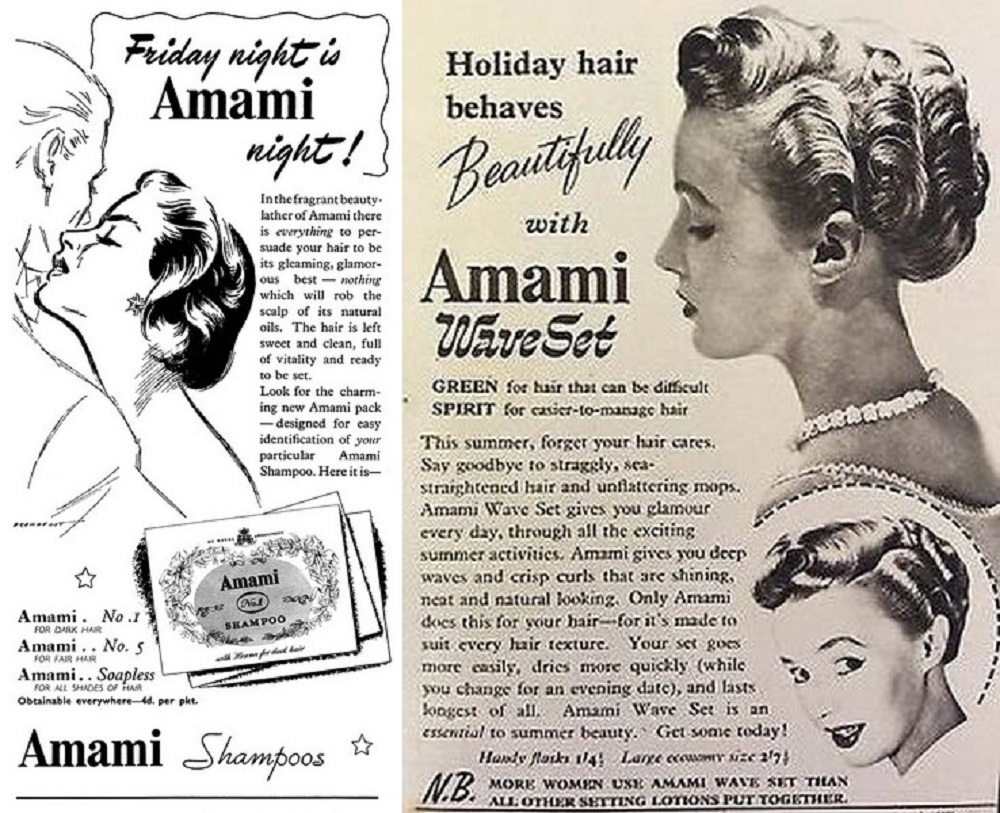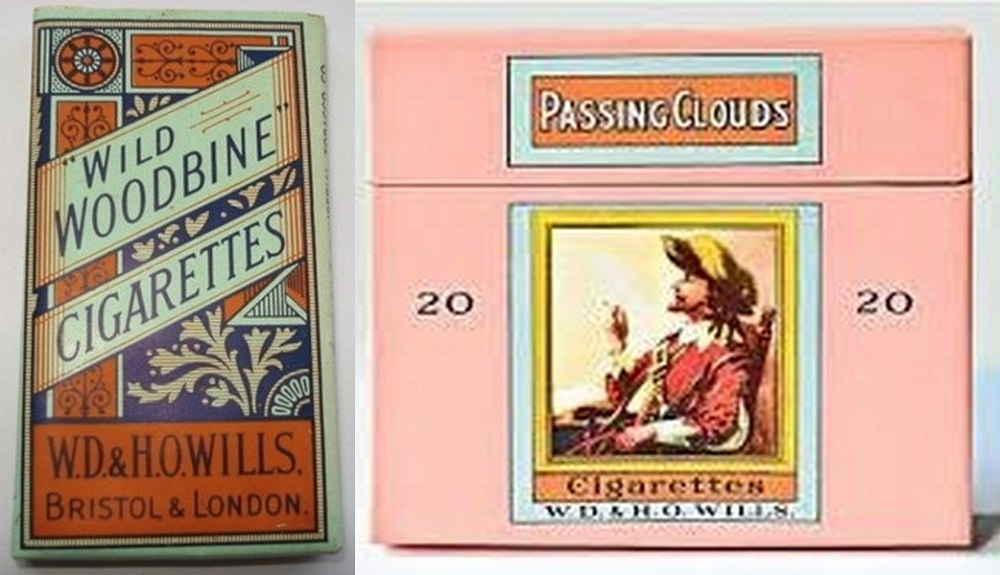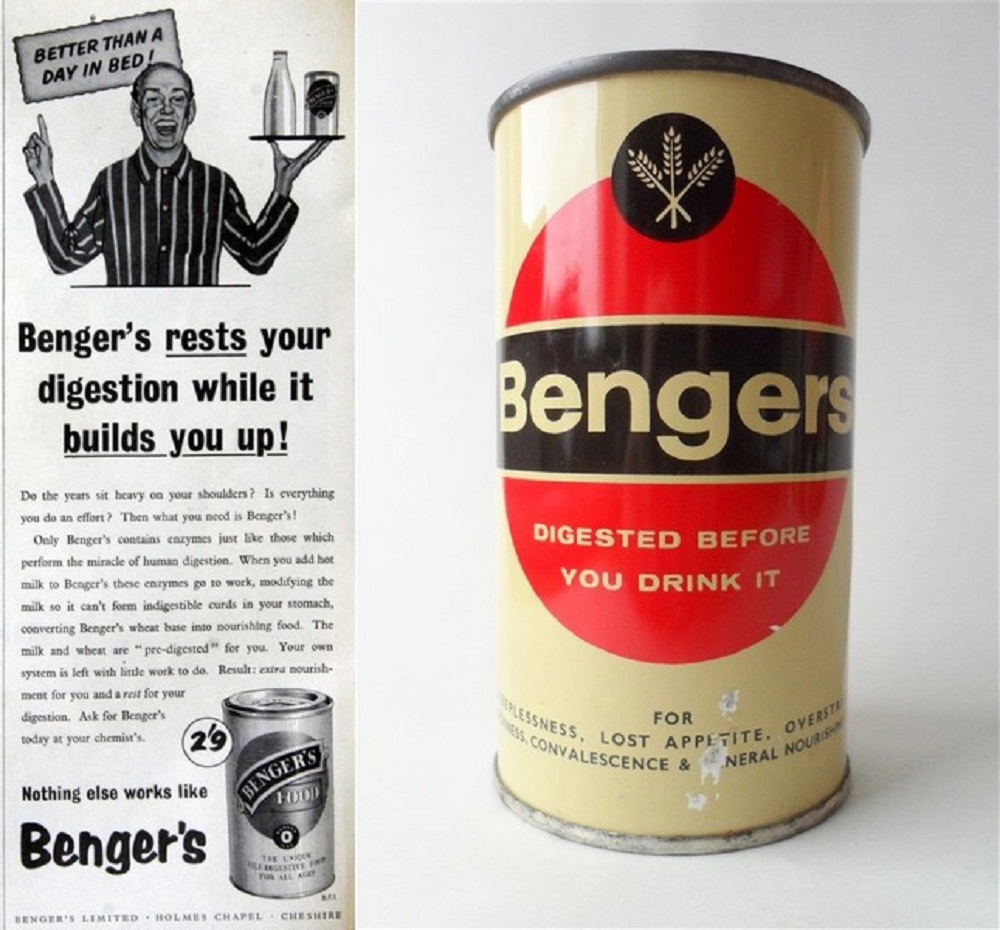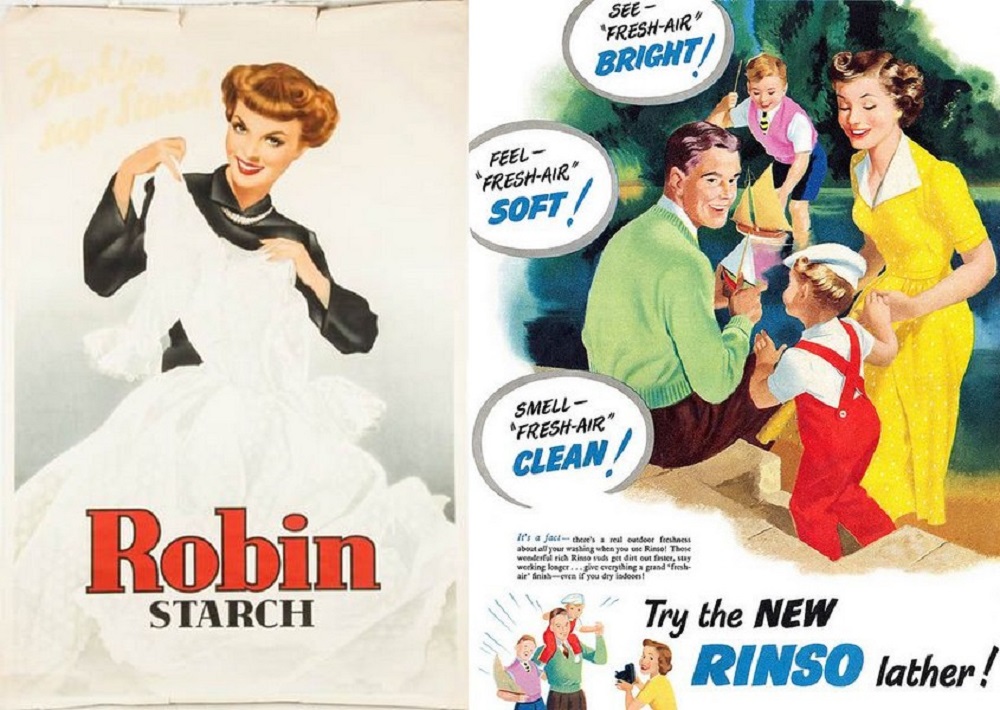Imagine stepping into your house to find it had gone back seventy years in time.
If you had a telephone, it would be bakelite, and probably stood on the hall table for maximum impact on the neighbours. The primitive instrument didn’t have a single push button, let alone a touch screen. I wonder how many of today’s youngsters would know how to go about using it to ring Failsworth 1956?

In the kitchen, you would probably find packets of clear starch, washing soda, dolly blue and laundry soap on the oilcloth-lined shelves.
Somewhere there would be a wash boiler or zinc tub with posser, rubbing board, flat irons and a ‘maiden’ (wooden clothes airer).
If the house lacked a larder, there might be a wooden cabinet with perforated zinc doors. This meat safe was designed to allow air but not flies to get to foods now kept refrigerated.
Fireplaces were the focal point of the living room. The hearth would have a stand with fire irons (poker, shovel, fire tongs and small round brush), known as a ‘companion set’. The mantelpiece likely had at least one black and white family portrait, sometimes hand-tinted to pass as a colour photograph.

Hi-tech at the time, the radiogram replaced the piano as the status symbol in ‘the best room’. With parlours kept exclusively for visitors, a fire screen (the more ornate, the better) concealed the bare, seldom used grate. Lacking a parlour, the one my parents received as a wedding present stood before the desultory iron grate in their bedroom.
The most noticeable bedroom disappearances are, chamber pots (the Po), flock mattresses, and counterpanes. Wartime shortages meant bedding was often patched and dingy from much laundering. Young housewives disguised the shabbiness of their beds with fashionable sateen or lacy counterpanes like the ones they saw at the cinema.
My grandparents slept on their lumpy flock (kapok) mattress until the 1960s.
As a young child, I had my afternoon sleep on that bed. But I was oblivious to the lumps while falling asleep to the strains of ‘My old man said follow the van’, which was one of nana’s extensive repertoire of music hall songs.

In the days when Friday night was Amami night, bathrooms for those lucky enough to have one, were often cramped and cold.
My mum’s horror of nits meant my long hair was washed with either Derbac or green soft soap in the kitchen’s pot sink. Something must have worked, as I never had an infestation of those nasty crawlies.
Between the weekly hair wash, pin curls (a strand of hair secured by two crossed kirby grips) would do for work. But come weekend, styling was achieved with paraphernalia the Spanish Inquisition might recognise.

Water lily shampoo pads were the latest thing. After washing, setting lotion was applied, and depending on the style required, one or more items of ironmongery were employed. A sort of curved bulldog clip with fierce teeth was used for waving, while curls were created by winding hair onto metal curling pins.
Until the boyfriend’s knock sounded at the front door, the finished style was protected by a hair net. These nets could vary from ‘invisible’, to the full ‘Ena Sharples’.
The lad’s hair would likely be Brylcreemed, and if he was a ‘sharp dresser’, might be sporting drainpipe trousers and crepe soled, ‘beetle crusher’ shoes.
The disappearance of some items is to be regretted, but I feel seamed stockings won’t be missed by anyone forced to wear them. They were becoming old fashioned when, as a young teenager, my dad came home with a pair he probably bought cheaply from someone in the pub or at work. Those seams never stayed straight, and I would honestly rather have gone out with my legs covered in gravy browning, complete with eyebrow pencil seams, which was the wartime answer to a shortage of stockings.
Products containing the lethal hexachlorophene once added to Signal toothpaste and baby toiletries, has rightly been consigned to the dustbin of history. However, rather than vanishing altogether, other less than healthful products simply changed their name. These days, no cigarette manufacturer would dare tempt smokers with benign pastoral names like Woodbine, Sweet Afton or Passing Cloud.

But, some things really did vanish. Who now remembers Rinso (detergent), pluck (offal for animals) or Benger’s food (wheat flour and extract of pancreatic enzymes which pre-digested warm milk for invalids).

